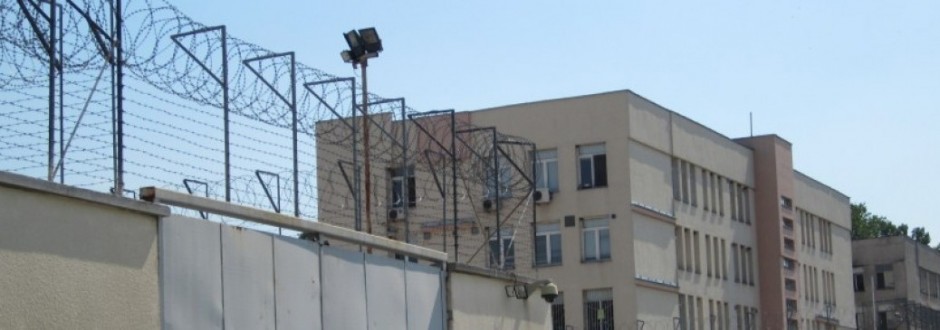As many European countries have already considered to build walls at their borders, two politicians of Great Britain and Germany took recently a look at the European border regime, that is partly managed by Europeans pourest country. Lately, the flow of migrants that are entering Bulgaria grew, many of them were arrested and confronted with violence. David Cameron, who visited Bulgaria at the beginning of December, examined different places at the border and the fence. He spoke there with border guards and took a look at the monitors and technical devices at Elhovo police station. The Guardian cited him with the following words:
On the 12th of December Bavaria’s premier, Horst Seehofer (CSU), visited Bulgaria. Bavaria, the southern state of Germany was strongest affected during the, so called, “Refugee Crisis“. Seehofer lately announced an open political fight towards Angela Merkel, Germany’s chancellor and member of the sister party, concerning a “refugee limit“. The surrealistic animated pictures of the mainstation in its capital of Munich, when refugees were welcomed with applause after they passed the violent border regime, circulated around the world. After the meeting with Boyko Borisov, Bulgarian’s premier, Seehofer stated:
The border surveillance in Bulgaria would’nt be possible without EU‘ s management and money supply. Recently it was discovered that due to “disastrous budgetary situation“, Bulgarian authorities were not able to observe the border and more push-backs and arrests took place. Until 2013, the installation of EUROSUR at the bulgarian-turkish border was financed with more than 15.8 Million Euro from the External Border Fund, all in all it was already more than 38 Million Euro (until 2014), plus the FRONTEX-missions and there’s more to come. But ‚good old Europe‘ is not only sponsoring external border supply, Borisov combined border security directly with the investment in Bulgarian’s economy:
While mostly light shed on the produced humanitarian crisis and violence at the external borders of Europe and the countries at the, so called, “Balkan Route“, it should be totally clear that the periphery of Europe took only the burden of direct action. The decision for the administration and the defense of the violent European border regime is taken very often at another level.
